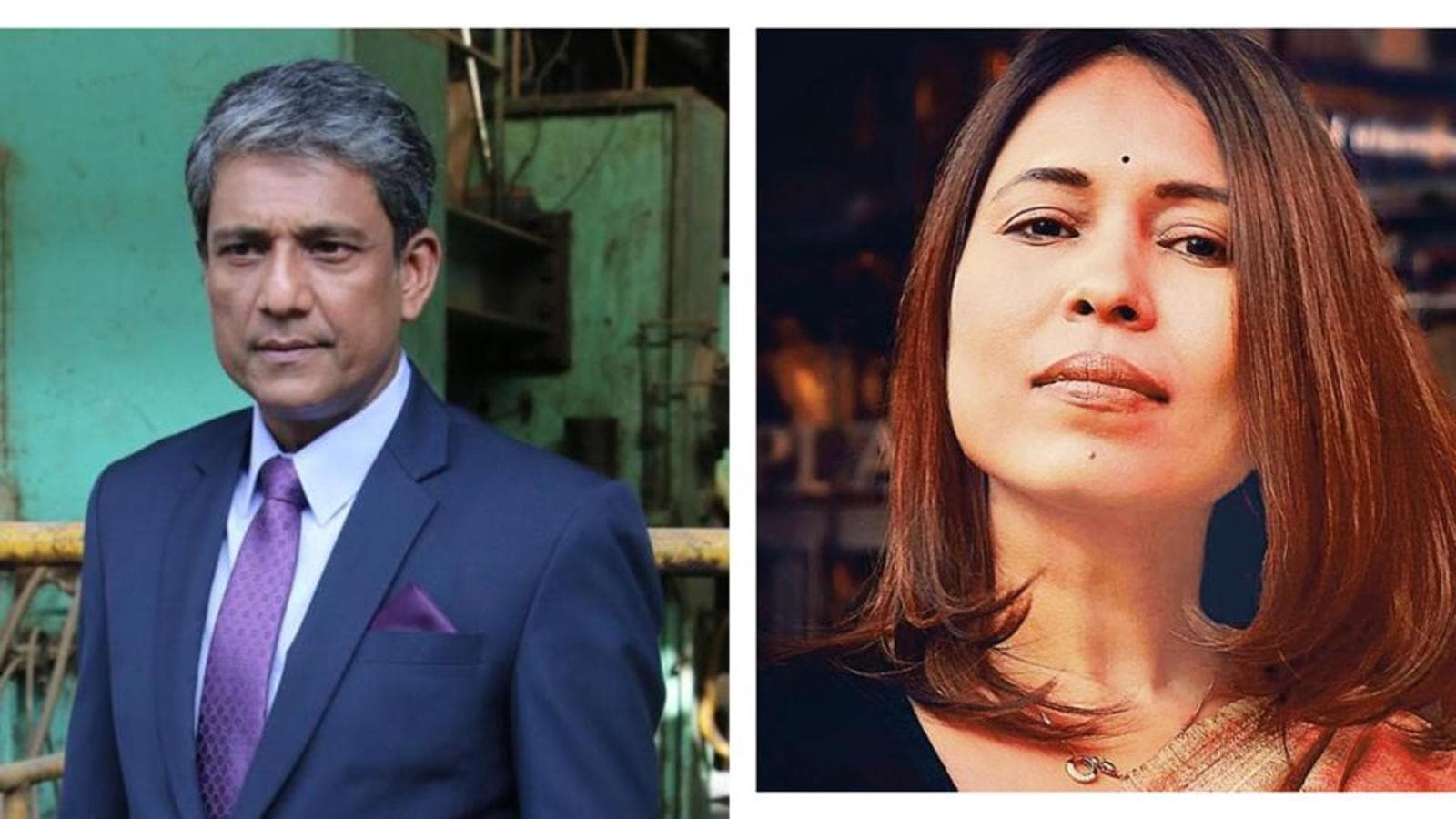From Adil Hussain to Rima Das: North eastern artistes cry neglect
After host Raghav Juyal was called out for making an ignorant comment while introducing a contestant from Assam on a TV show, the spotlight has once again shifted to the prejudice about the Northeast (NE) . Artistes from the region feel while things have changed, there’s still a long way to go.
Subir Malik, founding member from the legendary rock band Parikrama, shares, “Yes (the bias continues to exist). It is not only the artists, it’s the people from the Northeast as a whole. It’s basically to blame on the general upbringing of a few idiots who do this. Though I personally think that there is much more awareness around this now and many voices raised to end this menace, then it was till let’s say a decade ago”.
Looking back, Malik reveals, “At times we had actually fallen in fights too whenever someone misbehaved with our now beloved friend and bandmate late Sonam Sherpa, and our many friends from the northeast”.
Actor Dipannita Sharma, who hails from Assam, has also struggled with and questioned the set idea of ‘Indian look’ in showbiz. She says, “People from the north east have been subjected to racism for so long that even the slightest hint of a joke has become a sensitive topic . When it comes to scripts and narratives in the media, people need to be extremely careful… If something like that is corroborated even as a joke on a popular show, then those who actually believe in that will get a lot more encouraged to go and pick on their north eastern colleague or neighbour. We must understand sentiments”.
Sometime back a clip from show, Dance Deewane 3, with Juyal introducing a contestant from Assam with a monologue with ethnic slurs created a stir. While Juyal has released a clarification and apologised for hurting sentiments after the backlash. the judges of the show, including Madhuri Dixit Nene and Remo D’Souza, have refrained from commenting on the issue.
While many web shows are portraying north eastern characters in an unbiased manner, Sharma asserts that one needs to be very sensitive “since we still have a long way to go”.
“For the longest time and to a great extent even now when people call you for auditions and say ‘Indian’ look, I always ask them what is an Indian look? It is heartening that it’s changing but it will truly change when all of us change in our heads,” Sharma says.
Noting the lack of representation on the small screen, Assam-born actor Parineeta Borthakur says, “Apart from the show, Nima Denzongpa, I have hardly seen any northeastern looking girl or boy playing a main lead until and unless it is based in the northeast”.
Borthakur wonders why people from the northeast are not shown in other stories as well. “You will never see people from the region when they tell stories based out of Delhi and Mumbai,” she rues.
In the same vein, actor Bijou Thaangjam from Manipur, seen in film Mary Kom (2014) and Shivaay (2016), shares, “The television is stuck in the past. It still needs to catch up with a lot of things”.
“They are stuck with all the saas bahu concepts. It really needs to come up with content which we all can enjoy. Whereas, OTT is one medium where representation is getting real. Earlier we weren’t even considered for secondary cast, and were just used as extra or non-speaking characters. Now, it is changing slowly and steadily. It needs to be changed, it’s high time,” Thaangjam mentions.
According to Adil Hussain, who hails from Assam, it is a very complex problem.
“Prejudices are everywhere, looking down upon another language or culture is pretty much there. I don’t think it’s going to go away very soon. There is more acceptance in the film industry, more than before, but I am not saying that we are there and we have suddenly become evolved citizens of the country,” he says.
The actor calls it more of a “territorial instinct prejudice”, adding that things would be better if the young ones are educated in a system, which is inclusive.
Here, the Village Rockstars director Rima Das, who also belongs to Assam, accepts that while the stereotypes exist, it is their responsibility to change the narrative.
“I can see some television shows where they are not presenting the north east correctly. That’s because it is by someone who is not from the region, and don’t know about the culture well. We have to take responsibility while telling stories, and picking roles. Also, I feel we need to have more mainstream opportunities, because independent work gets a limited audience. If we get more visibility, our characters will also get more visibility, and the misconceptions will change,” she concludes.
For all the latest entertainment News Click Here

